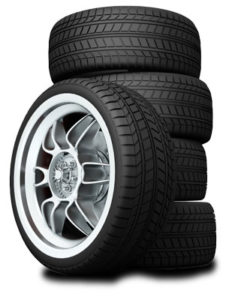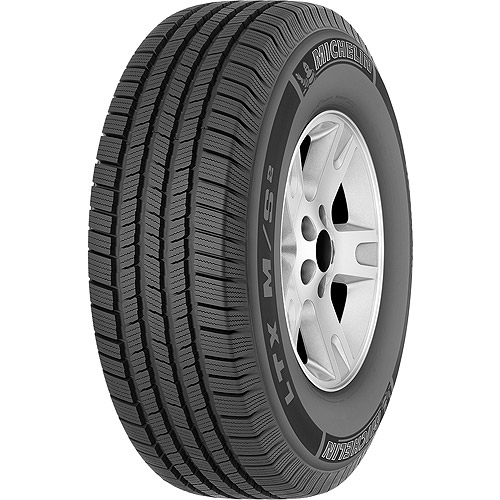
Your local dealer will get back to you within 24 hours with recommendations and to book an appointment.

The term “all season tires” was first used in the late 1970s by tire manufacturers to describe tires that can perform adequately in all seasons. However, these tires will never perform better than tires designed for one season. With all season tires, manufacturers have traded off some wet weather grip in order to provide some mobility in the colder winter months.
 It’s important to understand tire manufacturers make their own safety and performance assessments, and those assessments and criteria are far from uniform amongst companies. Be sure to ask us at Roadrunners Tirecraft Morinville which manufacturer and model will be best for your vehicle and local climate – don’t rely solely on online reviews.
It’s important to understand tire manufacturers make their own safety and performance assessments, and those assessments and criteria are far from uniform amongst companies. Be sure to ask us at Roadrunners Tirecraft Morinville which manufacturer and model will be best for your vehicle and local climate – don’t rely solely on online reviews.
Our range of all season tires features options from:
Since their introduction, all season tires have evolved into two classes to meet today’s car and driver needs:
Both passenger and touring tires come in a variety of sizes and speed ratings in order to fit the wide range of makes and models of vehicles that are available today. There are premium and budget friendly options to choose from, with many differences between each option.
Statistics show that 49% of Canadians try to use all-season tires though Canadian winters. Unfortunately, a tire designed for use in warmer weather will not perform as safely in a cold climate and vice versa. For example, when the temperature dips below 7°C degrees, the compound used in an all season tire gets stiffer which results in longer braking distances.